-
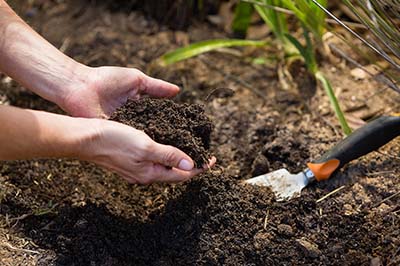
- Here are some gardening tips specifically tailored to Georgia's climate and conditions for soil preparation, planting, watering, and fertilizing:
Soil Preparation:
- Soil Testing: Get your soil tested by the University of Georgia Cooperative Extension or a local soil testing service. This will help you understand your soil's pH and nutrient levels, allowing you to make informed amendments.
- Adjust Soil pH: Many areas in Georgia have slightly acidic soil. If needed, add lime to raise the pH to the appropriate level for your plants, typically around 6.0 to 6.8.
- Organic Matter: Incorporate plenty of organic matter into your soil, such as compost or well-rotted manure. This improves soil structure, water retention, and nutrient content.
- Mulch: Apply a layer of organic mulch like pine straw or wood chips to help conserve soil moisture, regulate temperature, and reduce weed growth. Planting:
- Planting Dates: Consult the University of Georgia's planting calendar or a local gardening guide to determine the best planting times for various crops in your specific region of the state.
- Heat-Tolerant Varieties: Choose plant varieties that are well-suited for Georgia's hot and humid summers. Look for heat-tolerant tomato, pepper, and squash varieties, for example.
- Raised Beds: Consider raised bed gardening, which can improve drainage and soil warmth, especially in areas with heavy clay soil. Watering:
- Morning Watering: Water early in the morning to reduce the risk of fungal diseases. This allows the foliage to dry before evening.
- Deep Watering: Water deeply and less frequently rather than shallow, frequent watering. This encourages deep root growth and drought tolerance.
- Drip Irrigation: Consider installing drip irrigation systems to deliver water directly to the root zone while minimizing water wastage. Fertilizing:
- Slow-Release Fertilizers: Use slow-release fertilizers to provide a steady supply of nutrients over the growing season. This can help prevent nutrient imbalances and leaching.
- Organic Fertilizers: Organic options like compost, fish emulsion, and bone meal can enhance soil fertility while promoting long-term soil health.
- Monitor Plant Health: Regularly inspect your plants for signs of nutrient deficiencies or excesses. Adjust your fertilization based on their needs.
- Micro-Nutrients: Some Georgia soils may be deficient in certain micronutrients like zinc or boron. If identified through soil testing, consider targeted micronutrient applications.
- Crop Rotation: Practice crop rotation to prevent nutrient depletion and reduce the risk of soilborne diseases.
By following these tips and adapting your gardening practices to Georgia's unique climate and soil conditions, you can increase the success of your garden and enjoy a bountiful harvest. Don't forget to stay connected with local gardening communities or cooperative extension services for region-specific advice and updates.
-

Peaches
Georgia peaches are a true delight. Whether you eat them fresh, bake them into a pie, or blend them into a smoothie, there's no denying the appeal of this classic fruit. More
-

Blueberries
With their sweet-tart taste and vibrant color, blueberries are a must-try for anyone who loves fresh, healthy food. More
-

Apples
Whether you prefer sweet, crisp Gala apples or tangy, juicy Granny Smiths, you'll find plenty of options to suit your taste. More
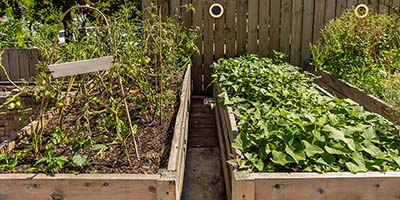


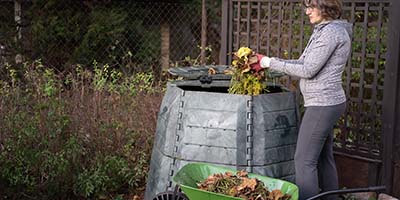
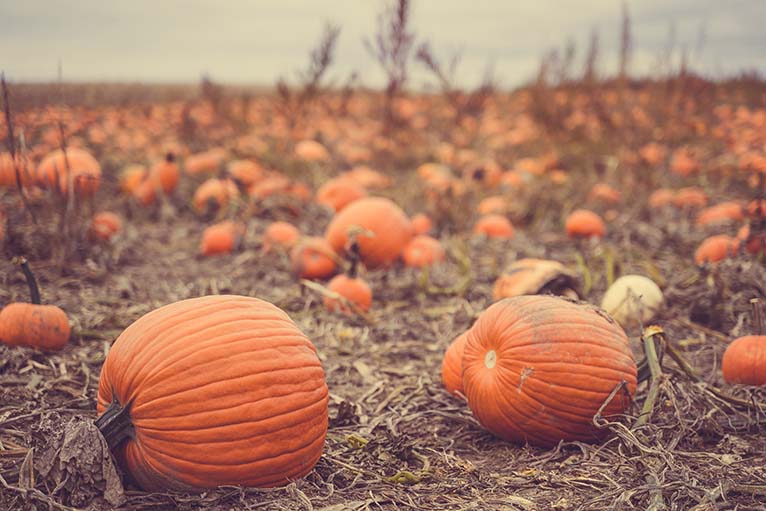
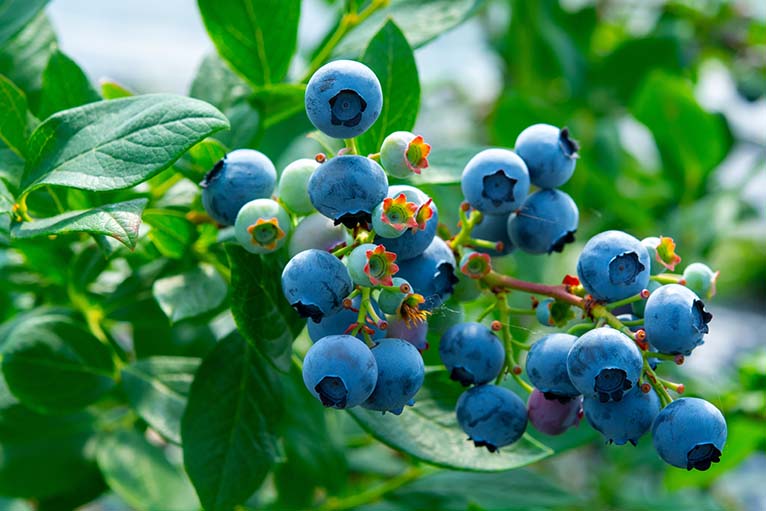
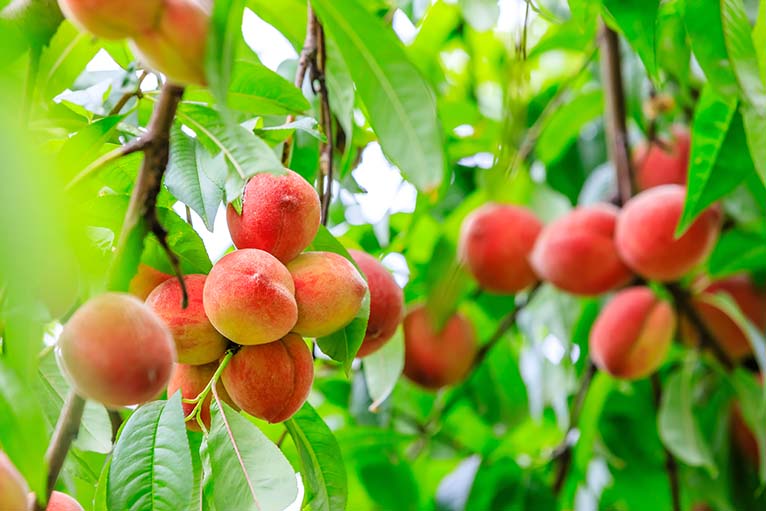
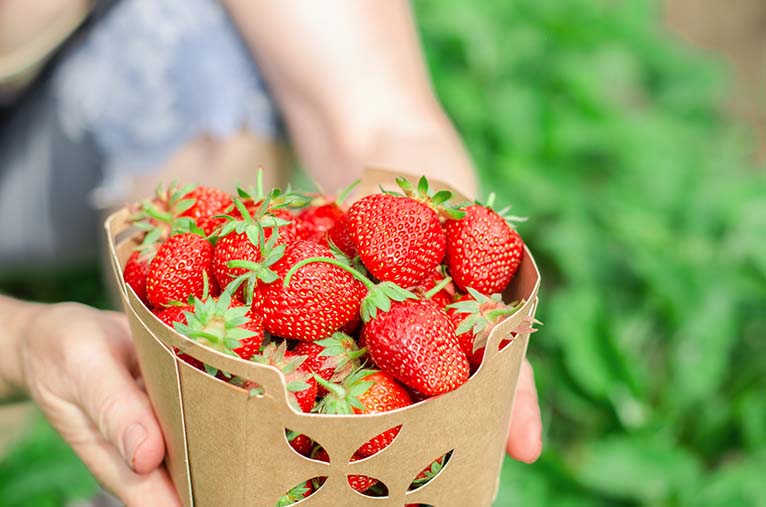
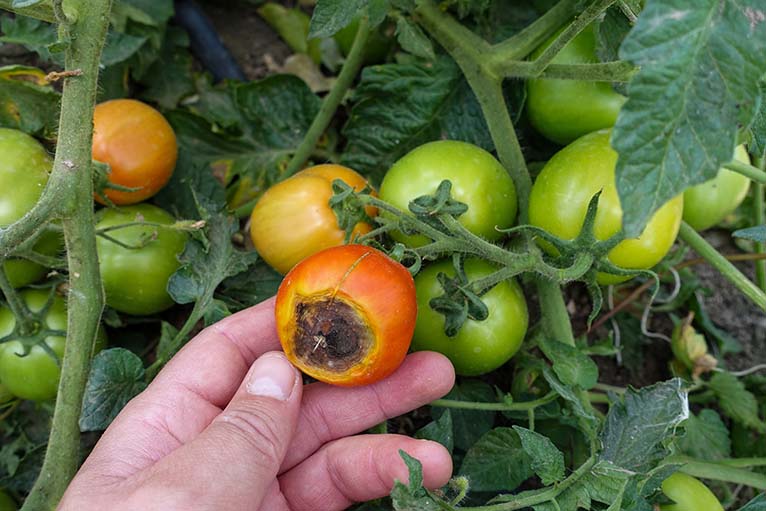
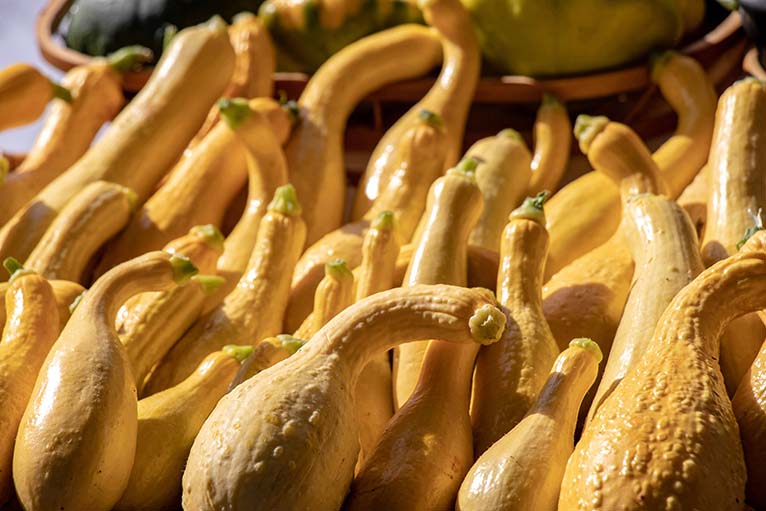

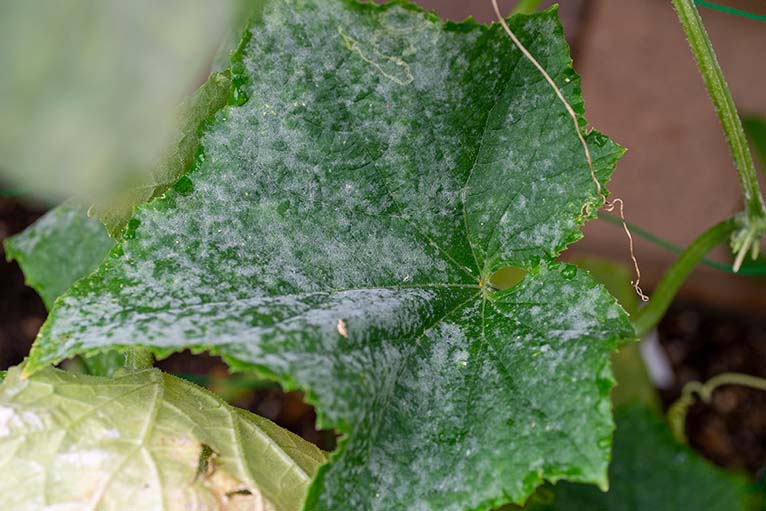
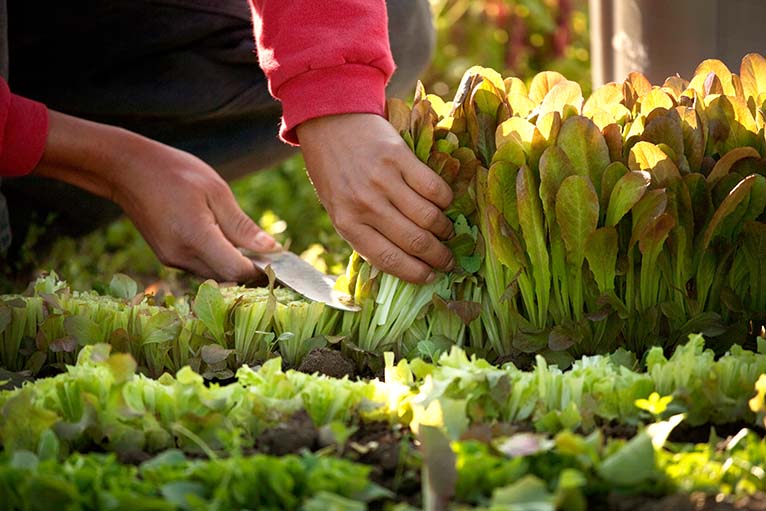
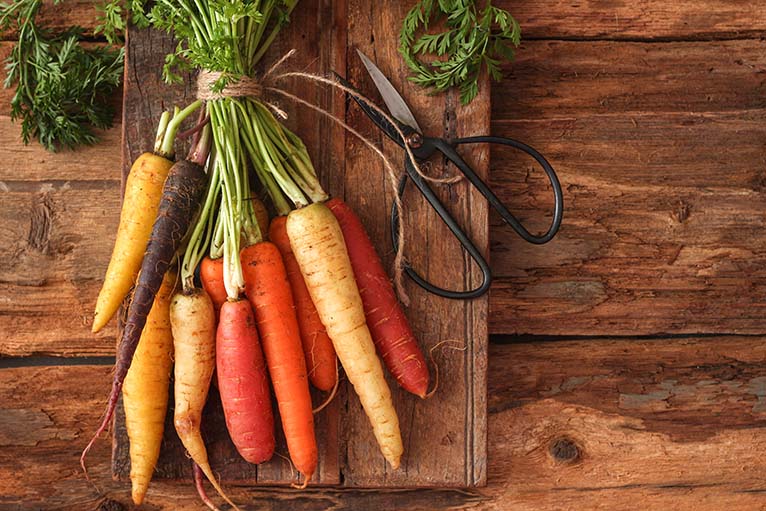
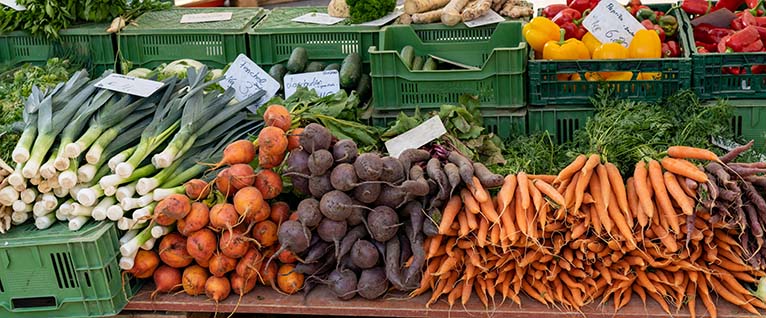
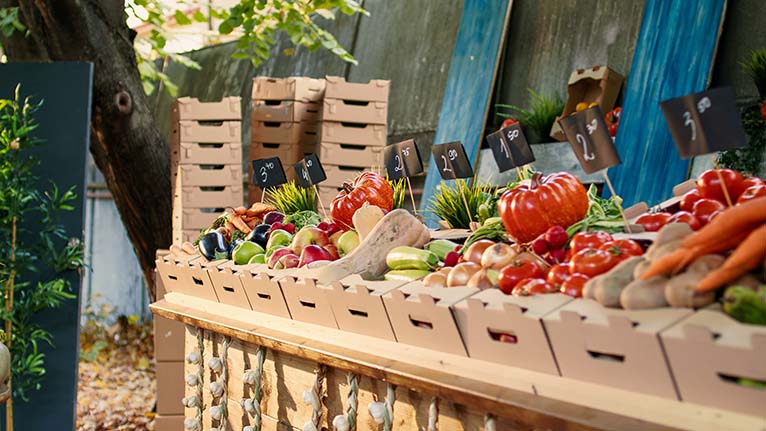
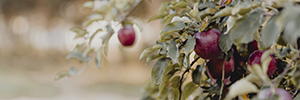
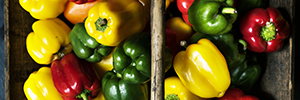
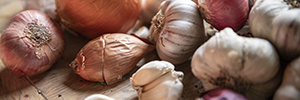
 DIY GARDEN PROJECTS
DIY GARDEN PROJECTS gagarden.com/blog.html
gagarden.com/blog.html